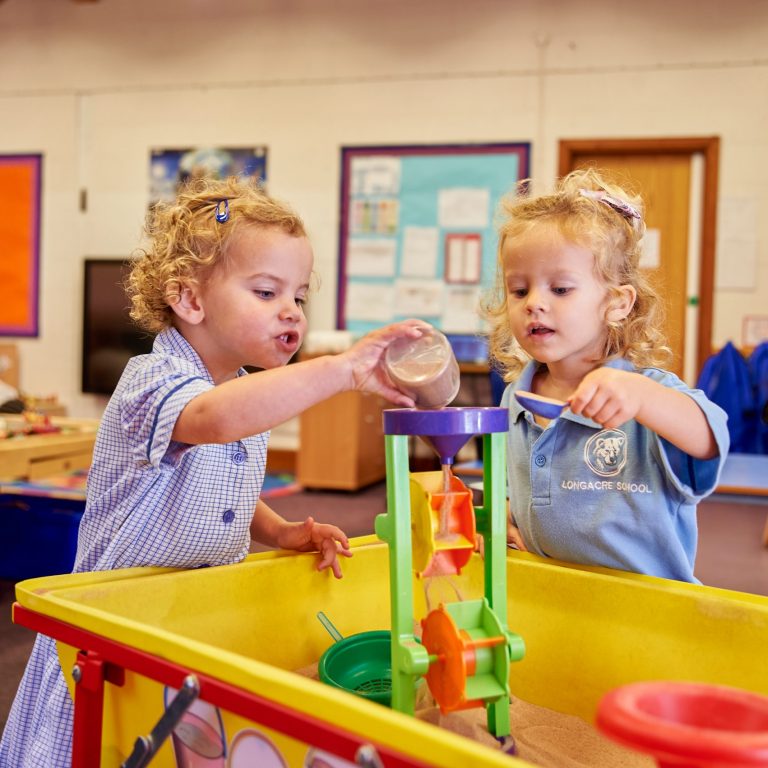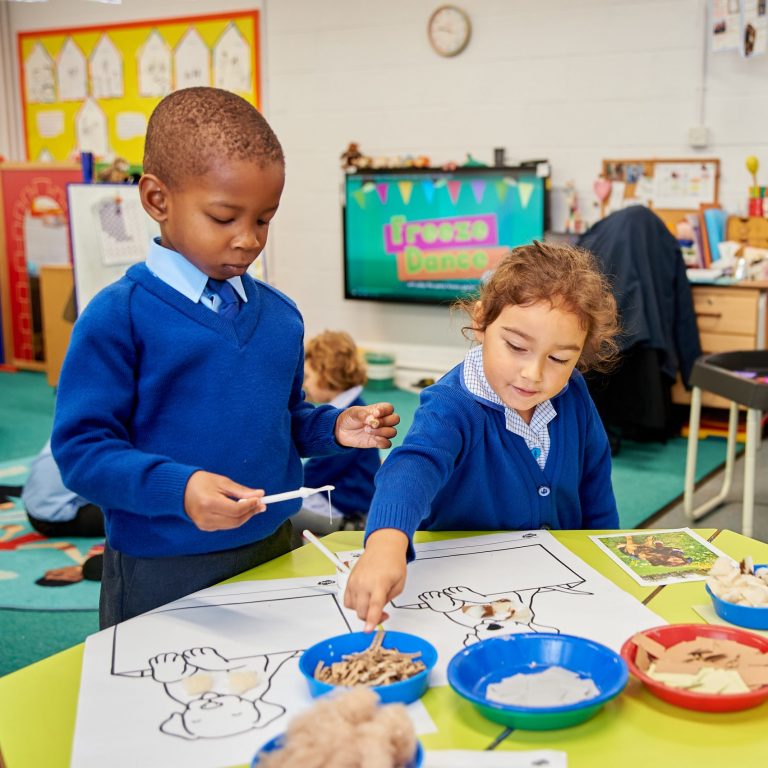A child’s early experiences with education play a vital role in shaping their lifelong attitude towards learning. One of the most effective ways to inspire curiosity, confidence, and resilience is through a nurturing learning environment that balances academic challenge with emotional support.
Why a Nurturing Environment Matters
Children thrive when they feel safe, valued, and understood. In schools that prioritise a nurturing environment, teachers and staff focus not only on academic progress but also on each child’s social and emotional development. This kind of supportive atmosphere encourages children to take risks, ask questions, and explore new concepts without fear of failure — all of which are essential for developing a genuine love of learning.
Small Class Sizes and Individual Attention
One of the key features of nurturing schools is the ability to provide individual attention. Small class sizes allow teachers to tailor lessons to the needs of each child, recognising strengths, supporting areas for growth, and fostering a sense of belonging. Children are more likely to engage deeply with their studies when they feel heard and supported, and this individual approach lays strong foundations for future academic success.
Inspiring Teachers Who Encourage Curiosity
The role of the teacher in a nurturing environment goes beyond delivering lessons. Inspiring teachers ignite curiosity, encourage creativity, and celebrate effort as much as achievement. By modelling a love for learning themselves, teachers create classrooms where children feel excited to explore, experiment, and develop a growth mindset — understanding that mistakes are opportunities to learn.
A Holistic Approach: Beyond the Classroom
Nurturing schools recognise that learning doesn’t just happen in the classroom. Outdoor learning, music, art, drama, and sport all contribute to a child’s development, helping them build confidence, resilience, and collaboration skills. Experiential learning allows children to apply what they’ve learned in real-world contexts, further reinforcing their understanding and enjoyment of education.
Supporting Emotional Wellbeing
Emotional wellbeing is central to a child’s ability to thrive academically and socially. Schools that prioritise pastoral care create an environment where children feel secure, supported, and motivated. Early intervention, open communication, and fostering positive relationships between pupils and staff ensure that each child can reach their full potential.
Building a Lifelong Love of Learning
When children feel confident, supported, and engaged, they develop intrinsic motivation to learn — a love of learning that stays with them beyond their school years. A nurturing environment helps children not only achieve academically but also develop the social, emotional, and creative skills they will need to flourish in the future.
Categories: News




